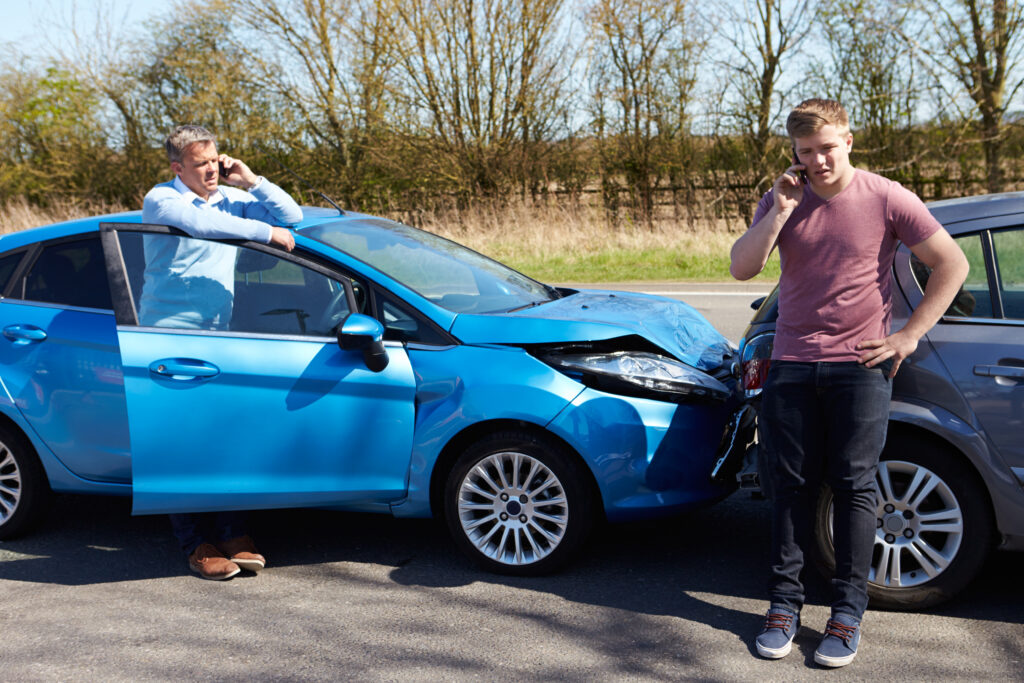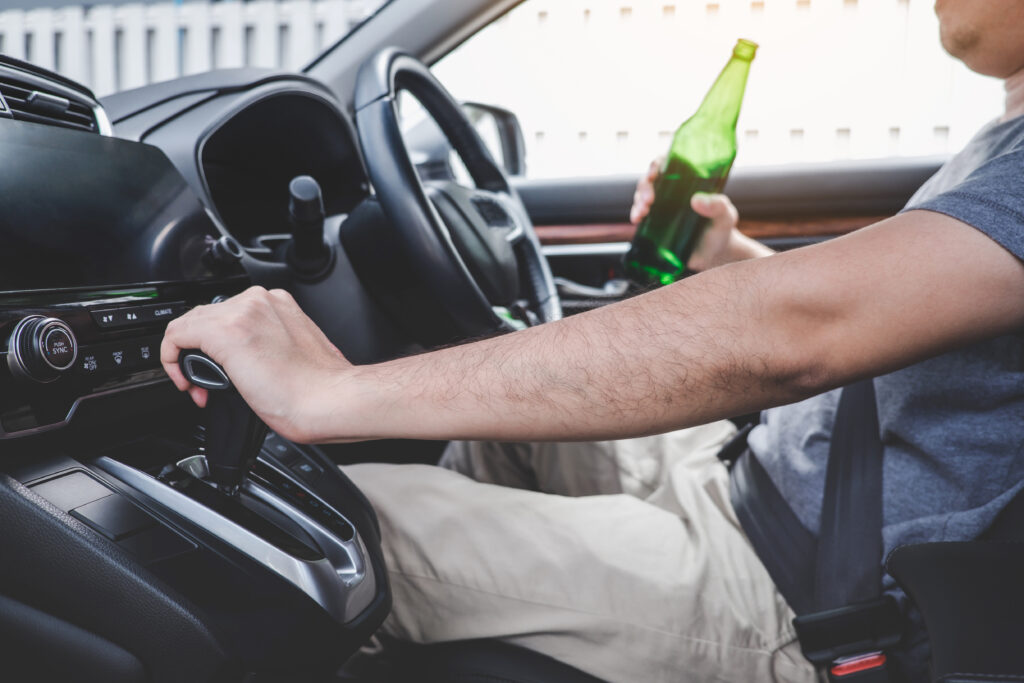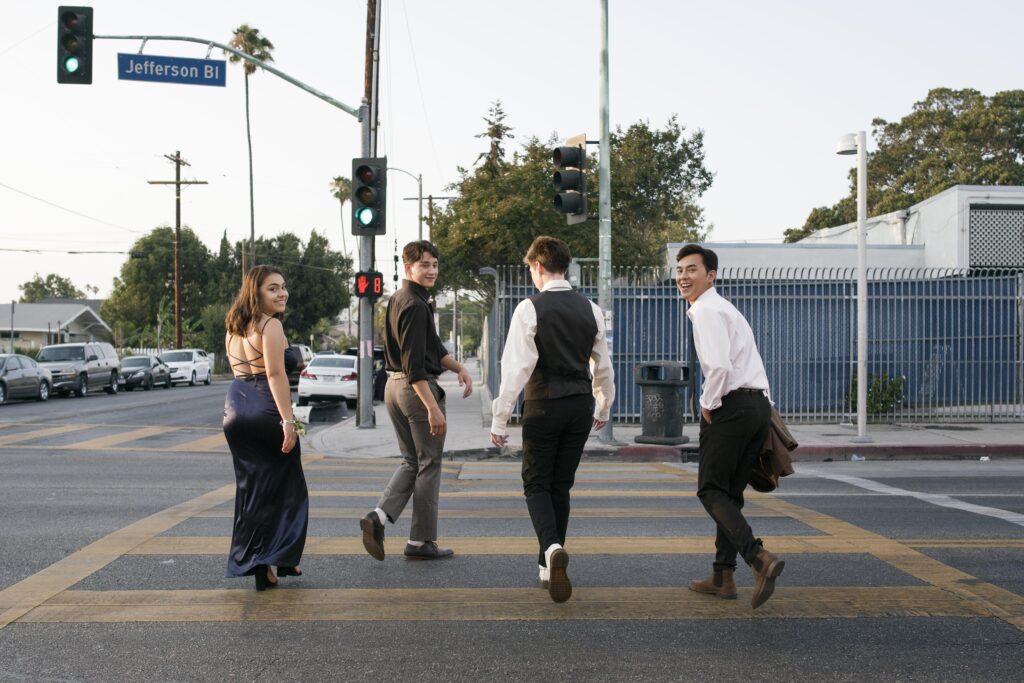Most people would not consider speeding to be classified as a felony. For the most part, a speeding ticket is considered a driving offense and can be handled in the traffic division of a municipal court. However, there are exceptions that can lead a person to be charged with felony speeding.
This article discusses why a person would be charged with felony speeding.
What are prima facie limits?
Prima facie limits are the default limits set by the posted speed limit signs.
California Vehicle Code Section 22352 sets the speed limits for railway crossings, school areas, highways, etc. Going above these limits can lead to a traffic violation.
What is felony speeding?
Speeding is a crime, but it is not considered to be a felony unless someone becomes seriously injured. Felony speeding is a charge that accompanies other driving-related crimes.
There are several crimes that fall into this category.
- Driving over 100 miles per hour
- Serious Injury
A serious injury includes, but is not limited to: broken bones, a serious wound, or a concussion. If someone becomes injured as a result of the driver’s excessive speed, the driver can be charged with felony speeding.
- Street Racing
There is a time and place for pretending to be a NASCAR driver or racing in the Indy500. The public roadway is not that place. Speed racing is racing on public roads while driving a vehicle. Street racing is considered to be a misdemeanor for a first offense.
The penalty includes up to 90 days in jail, up to $1,000.00 in fines, and/or up to 6 months of a license suspension. The driver can also expect their vehicle to be impounded. If someone is injured as a result of street racing, the penalty may increase.
– If street racing results in serious injuries, the crime can be considered to be a felony. The penalty for felony street racing is up to 3 years in prison and/or up to $10,000.00 in fines.
- Reckless Driving
In our article titled, “What Are Wet Reckless Driving Charges in California?”, we discussed the difference between wet and dry reckless driving. In sum, reckless driving is when a driver, whether inebriated or not, drives in a manner that can cause damage or injury to a person or thing. The penalty is typically classified as a misdemeanor.
Consequences
In addition to the fines and/or jail or prison sentences, a driver can expect to have their license suspended or revoked and potentially their car impounded.
If the driver is convicted of a DUI or a wet reckless charge, there are penalties associated with these crimes as well.
-The driver may be required to attend a program as part of the sentence.
-Car insurance companies do not look too fondly at drivers who speed.
-The companies will likely increase the driver’s rate if they choose to renew their plans with the driver at all.
What should you do if charged with felony speeding?
Speaking with felony and misdemeanor attorney to understand the charges and their potential consequences will help you to understand the full picture of what you are facing. An attorney can help guide you through the legal system as well as represent you in court.









